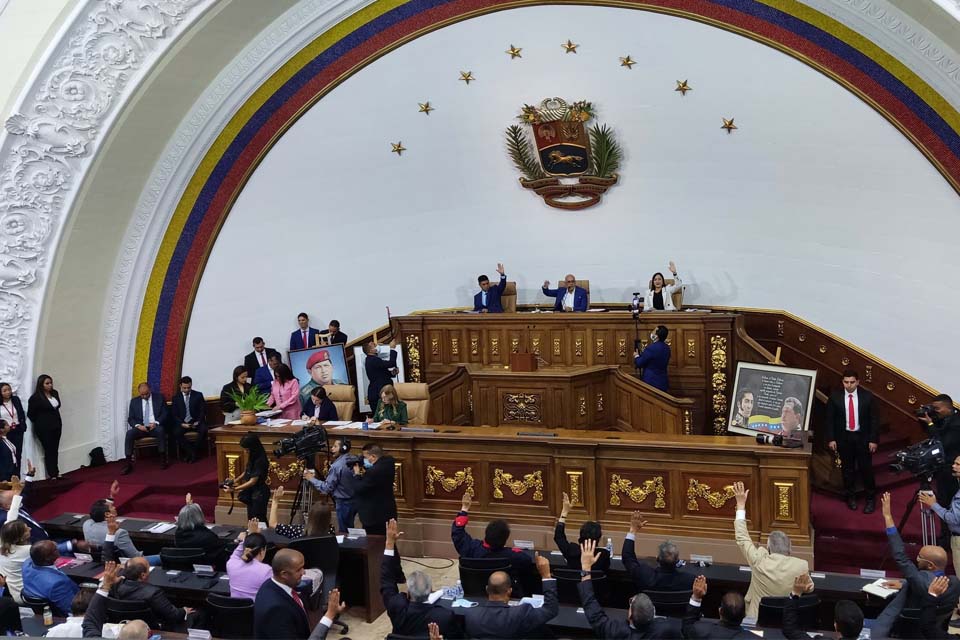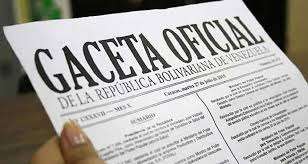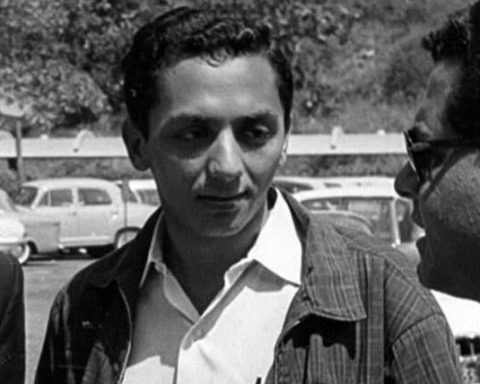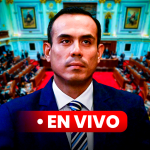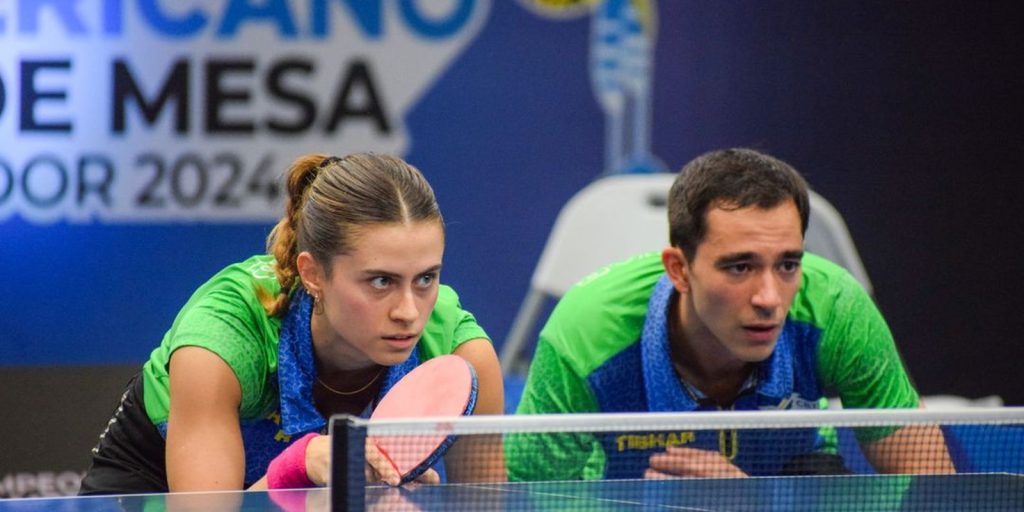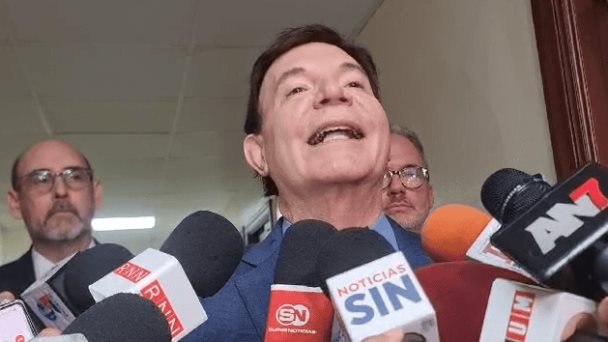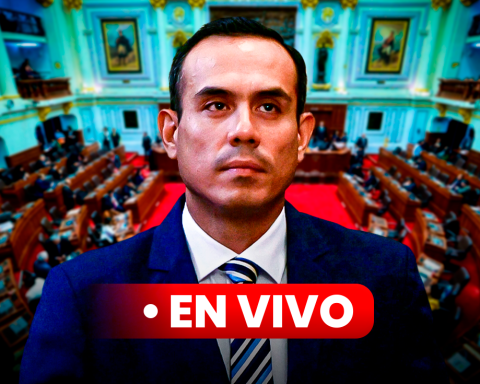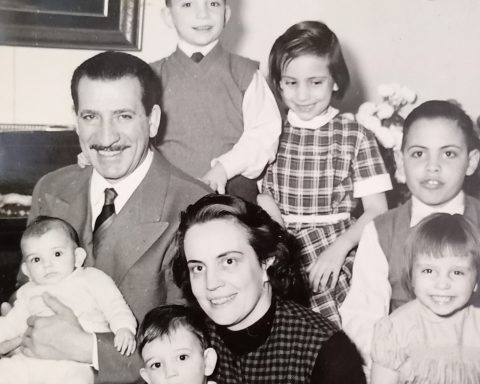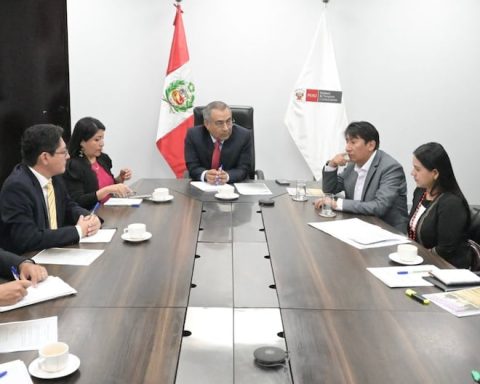During the session this Tuesday, October 15, the deputies of the National Assembly (AN) approved in the first discussion the draft reform of the Organic Law of Public Planning. The modification was proposed to the plenary session by deputy Ricardo Molina (PSUV/Aragua)
The National Assembly (an) of 2020 approved in second discussion the Special Law for Supplementary Indebtedness of the Executive during the current fiscal year, for about 20 billion bolivars, equivalent to 526 million dollars. After being sanctioned, the board ordered that the instrument be sent to the Executive for promulgation.
The law was passed in the ordinary session this Tuesday, October 15. The standard is made up of five articles. It is expected that this budget will be used to “strengthen the national productive and service capacity”, according to the vice president of the Parliament’s Finance Subcommittee, deputy Ramón Lobo (PSUV/Mérida), who presented the instrument to the plenary session last Thursday, October 10.
With the rule, which will come into force once it is published in the Official Gazette, it is authorized, through the bodies of the Ministry of Economy and Finance, so that during the economic and financial year 2024, the Government executes the contracting and disbursement of operations of public credit intended for fiscal management, above the maximum amount of annual indebtedness, planned for the fiscal year, up to the amount of 20 billion dollars or its equivalent in foreign currency.
“This law does not repeal or modify the Special Law for the Economic and Financial Year 2024,” reads article three of the aforementioned norm, which was sanctioned without deputies from the opposition bench presenting any objection.
By 2024, the Venezuelan parliament – at the request of the Executive – had approved 729 thousand 748 million bolivars, equivalent to 13.4% of resources from internal and external sources, destined for energy, water and transportation projects.
AN advances reform of the Public Planning Law
During this Tuesday’s session, the deputies approved in the first discussion the draft reform of the Organic Law of Public Planning. The modification was proposed to the plenary session by deputy Ricardo Molina (PSUV/Aragua), who argued that the legal instrument will allow the exercise of communal power to be deepened and improved so that the regional, municipal and ministerial authorities of the State can exercise “obedience power.” .
He stressed that the need to update the law arises “when planning is considered a fundamental element for the construction of a new State and for the development of participatory democracy.” The deputy explained that planning is a tool for the construction of the new society.
«It is inspired by the doctrine of Bolívar and the ability of the people to assume control and the future. When we find ourselves in a new era of transition to socialism, it is imperative to emphasize the character of the people. We must refer to the homeland plan in its article 6, which establishes that the base territorial unit is the communal area,” the parliamentarian explained.
Ricardo Molina pointed out that it is important that the reform is based on the fact that the objectives of the homeland plan urge the development of new scales of territorial planning. “The reform considers the homeland plan as the matrix of the integrated system of plans, for the development of the economic, urban planning and risk control and prevention spheres.”
He proposed that the monitoring of the construction of these plans be executed jointly by the Executive, Legislative, and Moral Powers, to guarantee transparency in public management.
AN will reform popular communication law
Without any objection, the AN approved in the first discussion the draft reform of the Organic Law of Popular Communication. The reform was presented to the plenary session by deputy Ricardo González (PSUV/National)
The aforementioned parliamentarian indicated that the reform includes 14 new articles and modifies 29 of the existing ones. “There is a lack of regulation and the need for a better structure that strengthens self-management,” he said from the speakers’ gallery of the session chamber.
He highlighted that the communication of “popular power” has confronted “the machinery of media aggression against Venezuela.” He pointed out that communication has made qualitative leaps that have silenced traditional media, among them the relevance of networks, development of new artificial intelligence and with them new forms of aggression, such as cyberfascism.
On the other hand, deputy Pedro Carreño (PSUV/Delta Amacuro) presented to the plenary session the bill to reform the Law of the National Flag, National Anthem and Coat of Arms of the Bolivarian Republic of Venezuela, which was also approved in first discussion.
“There are four articles that must be reformed with extreme severity and rigor and they correspond to the punitive scope since it is warranted to impose sanctions on those who dishonor the National Symbols,” said Carreño, who warned that “the guachafita with the national flag is over.”
Carreño stressed that “the time has come for Parliament to bell the cat.” He explained that two articles will be included, one referring to the process for the imposition of the corresponding sanctions, and another that will guarantee the right to defense, for which an article containing the judicial remedy will be included, to be filed by whoever considers it necessary.
«They call themselves Venezuelans, born in this country, they vilify, they revile the Symbols of our Country on the one hand, flipping the Flag, even athletes who are part of the national team, or Major League baseball players, I don’t know if they they use, but the love for our country is above all, that is priceless and cannot be sold to them,” he emphasized.
Post Views: 99
